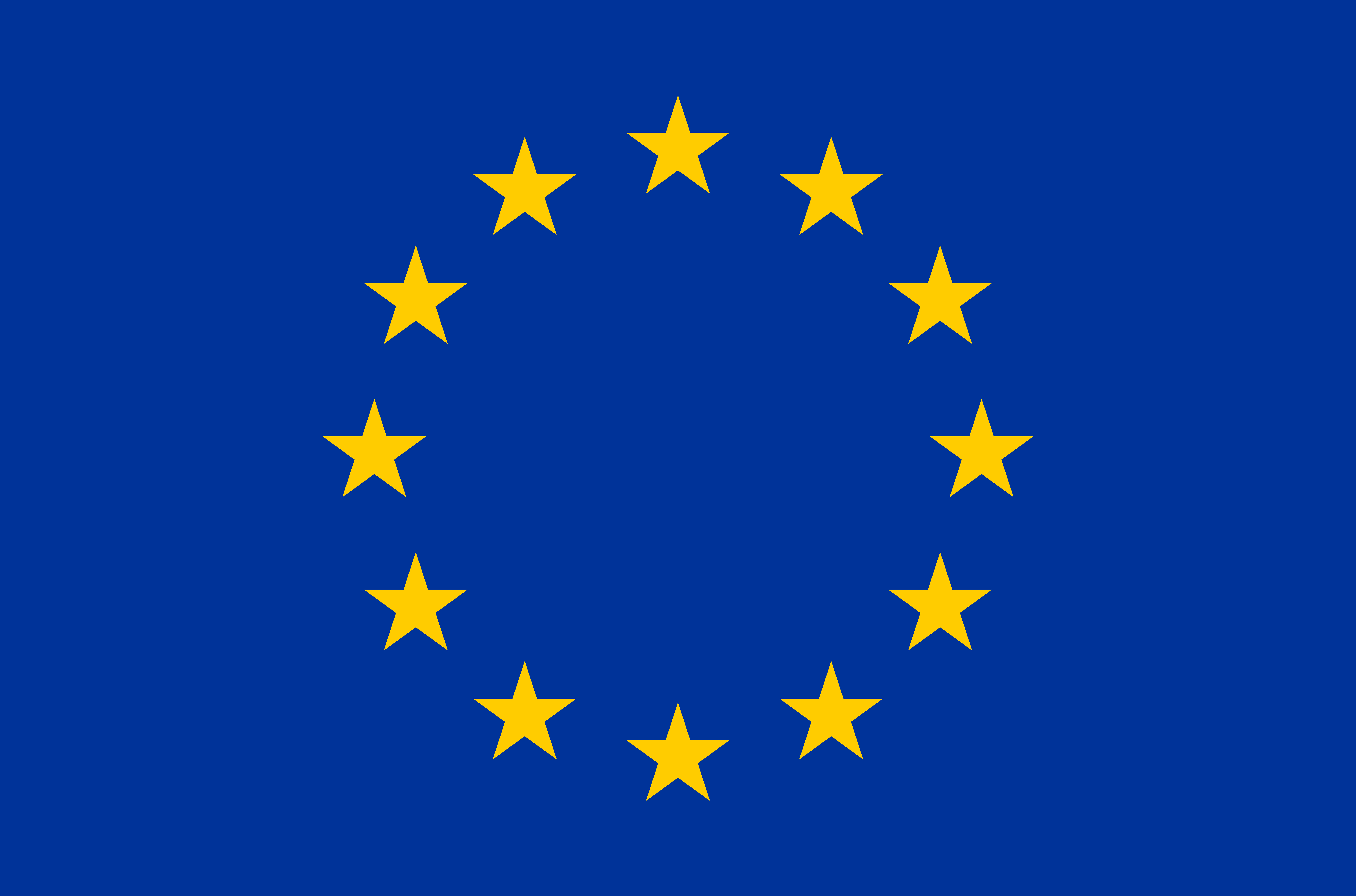Europe Q4 2015 Overview
In Europe it was also an eventful quarter. The region’s equity and short-dated government bond markets generally made early gains amid speculation that the ECB would implement further stimulus measures. However, these were momentarily tempered in November following the tragic events in Paris, the longer-term effects of which are likely to include increased government spending on defense and policing, as well as reduced near-term tourism revenues.
France’s economy is already struggling as a result of policy missteps (although these are now being corrected) and low political confidence, and the effects of the events in Paris will provide further headwinds. However, the broader European economy has made significant progress in 2015. Encouragingly, Italy, Spain and Ireland are reacting positively to reforms that they have implemented in recent years, while Greece’s debt problems seem to have been put aside again, at least for now. Furthermore, unemployment has continued to decline across the region. Despite this, substantial spare capacity still remains and slowing global growth and declining commodity prices have continued to put downward pressure on Europe’s already benign inflationary environment (Figure 1).

Figure 1: Eurozone unemployment continues to fall, although it remains well above historical lows. Eurozone inflation remains benign, albeit core measures (which exclude the effect of lower energy prices and food) are slightly higher.
(Source: Thomson Reuters Datastream)
With inflation muted, the ECB decided to increase its stimulus programme in December, a decision that was justified in our view. It committed to continuing its asset-purchase programme for a further six months and further reduced the central bank overnight deposit interest rate to -0.3% (from -0.2%). This latter measure means that commercial banks must now pay 0.3% per annum on deposits they hold with the ECB (above what they must hold for regulatory purposes). As commercial banks are required to hold excess deposits either electronically with the central bank or as physical cash (which involves greater cost), this policy is intended to encourage them to lend, thereby increasing credit creation and boosting economic growth.
After the ECB’s announcement, equity and bond markets sold off and the euro achieved its largest one-day gain since 2009 (Figure 2). The reaction was somewhat contrary to what one might expect following a supportive policy announcement. This can be explained by the fact that investors had anticipated even greater stimulus measures to be announced and investor positioning in the currency markets had been heavily biased against the euro ahead of the event.

Figure 2: Although European 2-year government bond yields declined (i.e. bond prices rose) and the euro lost ground ahead of the ECB’s policy announcement at the start of December, these trends suffered a sharp reversal immediately following the event as investors were underwhelmed.
(Source: Thomson Reuters Datastream)
Despite the market’s reaction, the ECB’s supportive actions continue to boost Europe’s prospects. The devaluation of the euro has improved international competitiveness and low sovereign bond yields are assisting countries in managing their debt burdens. Furthermore, lower commodity and energy prices will provide a de-facto stimulus to the European economy and will boost the region’s large trade surplus.
To stay updated with more information. Follow us:

